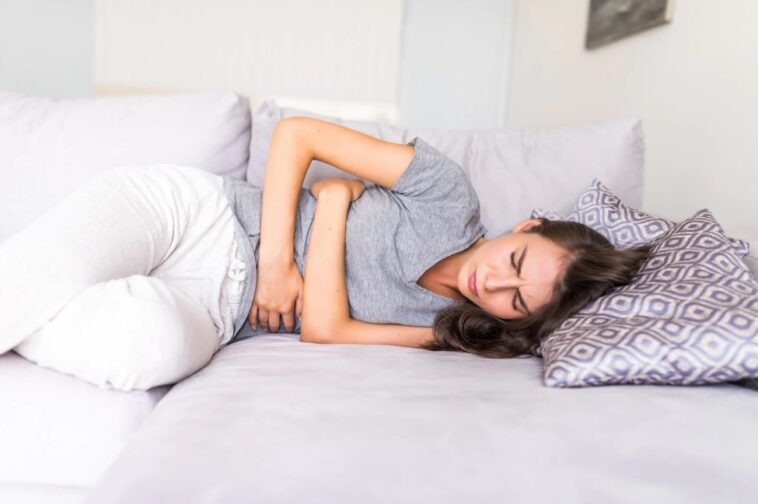PCOS (Polycystic ovary syndrome) has no cure, but it can be eaten and managed with lifestyle changes, arranged diet, and natural and effective PCOS supplements. Treatment will depend on whether a woman wants to become pregnant, control her symptoms, or both. Women who do not want to be a mother should take birth control pills.
The combination of estrogen and progestin in these pills stops the body from releasing an egg each month. Birth control medicine also helps regulate the menstrual cycle and reduce male hormone levels. Women who do not want to get pregnant can use other birth control methods, such as condoms or an intrauterine device (IUD). But these methods alone may not control male hormone levels or regulate the menstrual cycle in women with PCOS.
Must read: Fungal Infections – Natural Remedies For Men And Women
Women have ovaries as part of their reproductive system. They are two small organs located low in the tummy (abdomen) on each side of the uterus (womb). The ovaries produce eggs and hormones. Polycystic ovary syndrome (PCOS) is a common condition that affects how a woman’s ovaries work.
It is a problem with hormones. PCOS is also known as polycystic ovarian syndrome, polycystic ovary disease, functional ovarian hyperandrogenism, and Stein-Leventhal syndrome. Women with PCOS may not develop the egg properly, or they may not release it at ovulation as they should. It is not clear why this happens. PCOS may run in families. Several genes seem to be linked to PCOS. So, if you have a mother or sister with PCOS, you are more likely to have it too.
Must read: 4 Reasons why you should condition your hair
Causes:
Excess androgen level: Genes may play a role in PCOS. For example, some women with PCOS have family members with the condition. PCOS usually begins at puberty and is caused by higher-than-normal androgen levels. Androgens are male hormones that females also have. In PCOS (Polycystic ovary syndrome), the ovaries make more androgens than average. High androgen levels prevent the ovaries from releasing eggs (ovulation), which causes irregular menstrual cycles.
Insulin resistance:
Those with PCOS often have insulin resistance, especially those who are overweight or obese, do not get enough physical activity, have unhealthy eating habits and have a family history of diabetes (typically type 2). Insulin is a hormone that controls how food is converted into energy. Your body needs insulin to use sugar for energy. If your cells do not usually respond to insulin, your blood sugar level rises. As the demand for insulin increases, your pancreas produces more insulin. The increased production of insulin can cause an increase in androgens. This results in even fewer ovulations and more symptoms of PCOS.
Must read: 8 Essential Fitness Clothing Pieces for Easy Workouts
Stress:
It is known that polycystic ovary syndrome itself can cause stress, particularly the physical symptoms of the condition, such as excessive facial and body hair. Stress can lead to anxiety and depression. PCOS women are more susceptible to anxiety and depression. There’s a strong link between PCOS and depression, but it’s not clear which condition occurs first. It could be that the physical symptoms of PCOS, or the frustration of coping with them, cause people to develop anxiety or depression. Or it may be that some women already have underlying depression that presents as PCOS.





